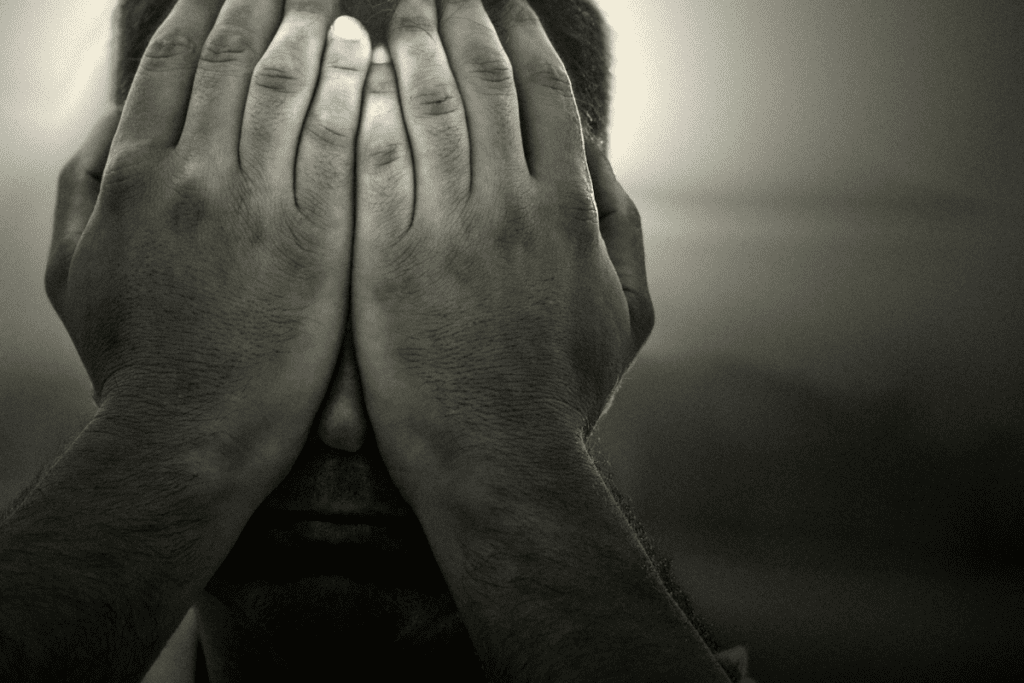Recovering from a drug addiction can lead to a wide range of complex and conflicting emotions. These feelings can profoundly impact one’s recovery process, making sustainable sobriety more challenging.
Learning how to overcome shame associated with drug rehabilitation can vary from person to person and having some helpful strategies is important. In addition, understanding the inner workings of shame can help you navigate these complicated feelings and ensure sustained recovery.
Defining Shame
To avoid shame associated with drug rehabilitation, it’s important to understand what shame is. Shame bears a striking resemblance to guilt, and these two feelings often play an integral part of recovery. While guilt is associated with an individual’s actions while they’re under the influence and how these actions impact others, shame comes from how an individual views themselves.

Shame stems from someone’s internalized belief that they’re irredeemably flawed, dysfunctional, or dishonorable — all of which contribute to a feeling of not being worthy of a good life. In some cases, these feelings can overwhelm an individual’s senses and make it difficult to move forward. Knowing how to identify these negative emotions is vital so you know which coping tools and techniques you can use when faced with them during recovery.
How Shame Affects Mental Health
Uncomfortable feelings like shame often have far-reaching effects on our bodies that you may not recognize immediately. When confronted with shame, some people reach for other coping mechanisms like having angry outbursts, overspending, engaging in intense codependent relationships, and relapsing.
Shame can result in these negative behaviors and coping strategies while an individual avoids confronting these challenging emotions head on. Some studies show that shame can fuel continued substance abuse and act as an escape from reality. These feelings can even lead to shortened periods of abstinence and increased relapse rates or keep people from seeking the treatment they need.
How Do You Overcome Feelings of Shame?
Overcoming shame is challenging, but there are helpful tools can use to navigate these complicated feelings. The surest way of reducing shame begins with understanding your feelings, addressing their causes, and shifting your response to these feelings.
Challenging Your Thought Patterns
Once you begin to challenge your established thought patterns, you can start your recovery process. You can challenge yourself to counteract the faulty belief systems that generate these feelings of shame while pushing back against these harmful behaviors and respond with facts and understanding over feelings.
Taking Pride in Yourself
While you might automatically reach for ways to avoid feelings of shame, you may neglect to find reasons to be proud of how far you’ve come and how you’ve consciously decided to move forward on your road to recovery. Performing small actions every day is important so you can feel proud of yourself and keep the feelings of shame at bay.
Practicing Self-Acceptance
People recovering from a substance use disorder are often their own worst critics, but practicing genuine self-acceptance and self-forgiveness is a key part of recovery. Understanding that we all have room for improvement and providing the same compassion and support for ourselves that we show for others in similar situations is important throughout recovery.
Get the Help You Need From Silver Pines Treatment Center
Learning new methods and techniques to help overcome feelings of shame can be challenging if you or a loved one are attempting to recover without help. However, finding a substance abuse treatment program like Silver Pines in Mahanoy City, PA, is vital to ensure sustained recovery. At Silver Pines, we’ve helped countless clients better understand the underlying causes of their disorder and the reasons for their shame and guilt.
If you or someone you love is struggling with substance use disorder and needs help, please don’t hesitate to contact us by calling 267.209.7313 or by filling out our contact form.



